CCG Dialogue with John Thornton, Stapleton Roy and Adam Posen
CCG | July 30 , 2021
[English]
【中文】
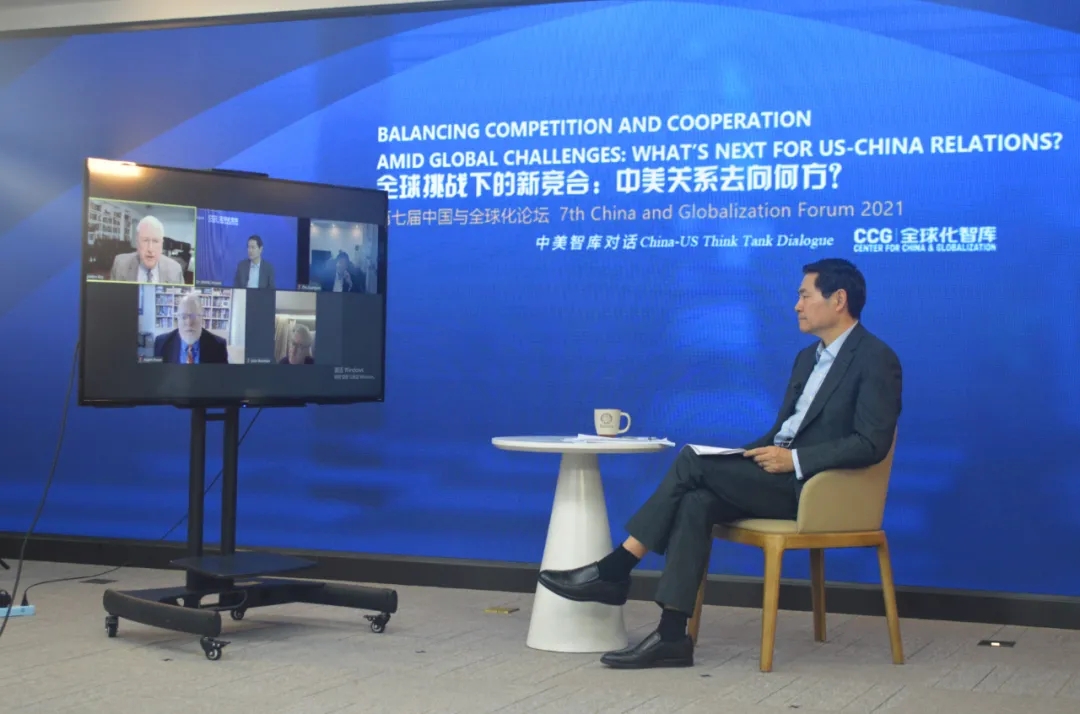
Wang Huiyao: Good evening and good morning, depending on where you are, and also good afternoon. Thank you for tuning in. We are very honored and pleased to host this CCG China-US think tank dialogue, which is part of our 7th annual China globalization forum. This dialogue is co-organized with the Asia Foundation. CCG China and globalization forum is a flagship annual forum that we hold once every year and this year, we have drawn a very large attendance. Since 2015, this year forum is probably one of the largest that we hosted in conjunction of CCG council members and during the last 2 days, we brought together the most prominent business leaders, government officials, academics and also non-government sectors and had over 400 to 500 participants, including 50 ambassafors and seniior diplomats from different countries as well as over hundreds of representatives from internatioanl organizations and MNCs and goverement officicals and academics. Now we’re getting into the webinar part of our conference, which is open to all to watch this online. This forum discussed ongoing pandemic and how we can cope with that, with new cases discovered in China. It’s one of the issues we talked about, as well as global economy, trade, mobility of the people, China-Europe economic cooperation, global cooperation and the China’s new development plan. And, of course, China’s international communication and narrative as well.
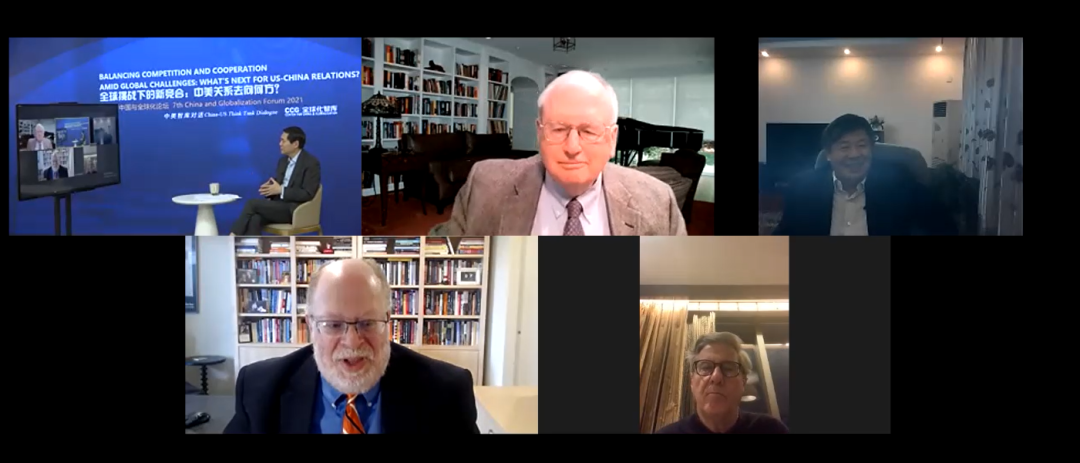
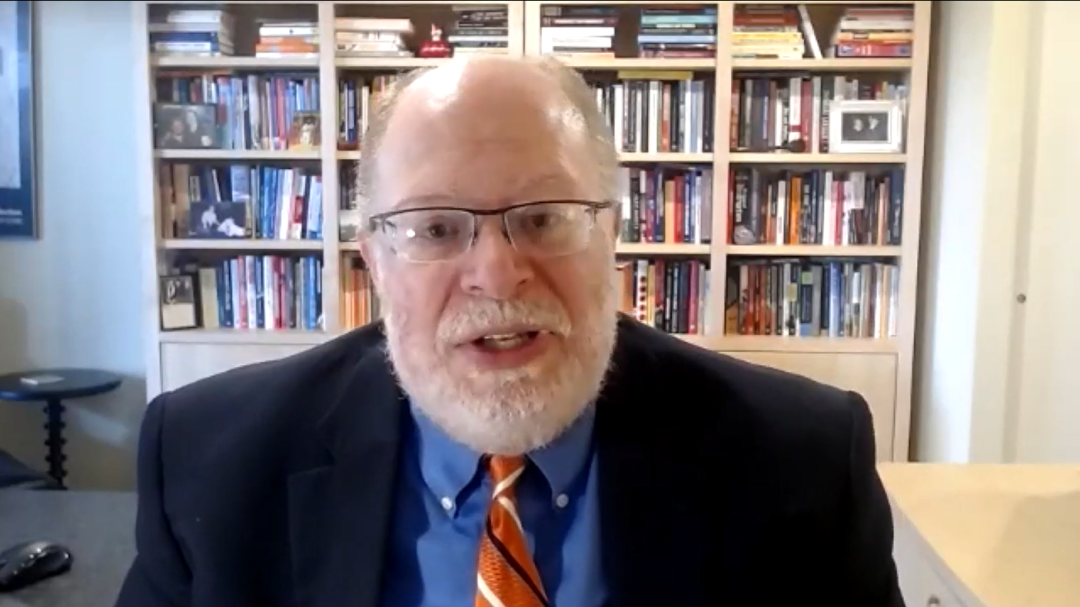
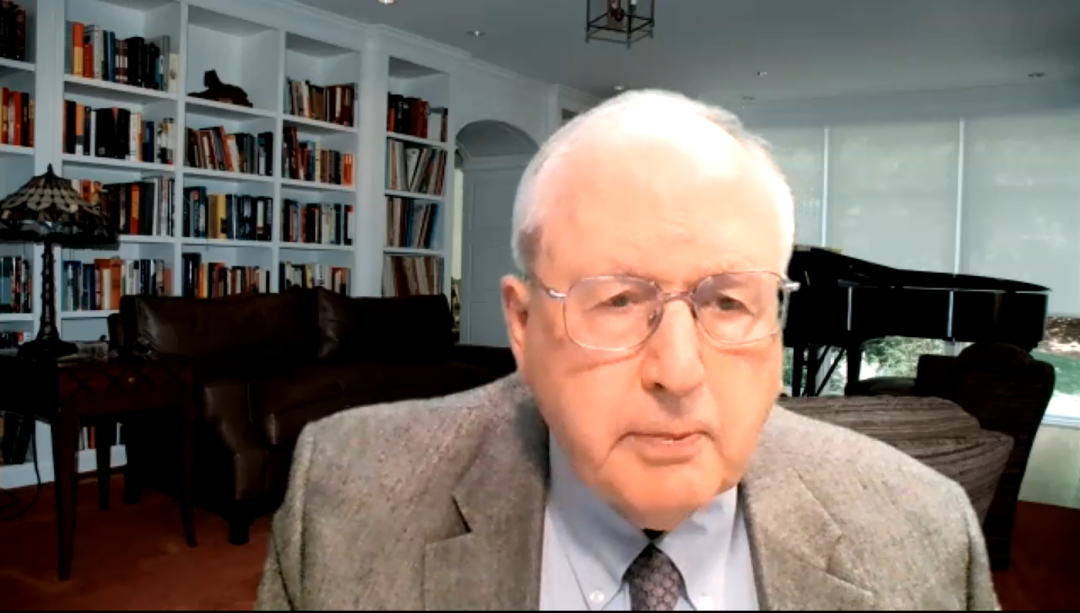
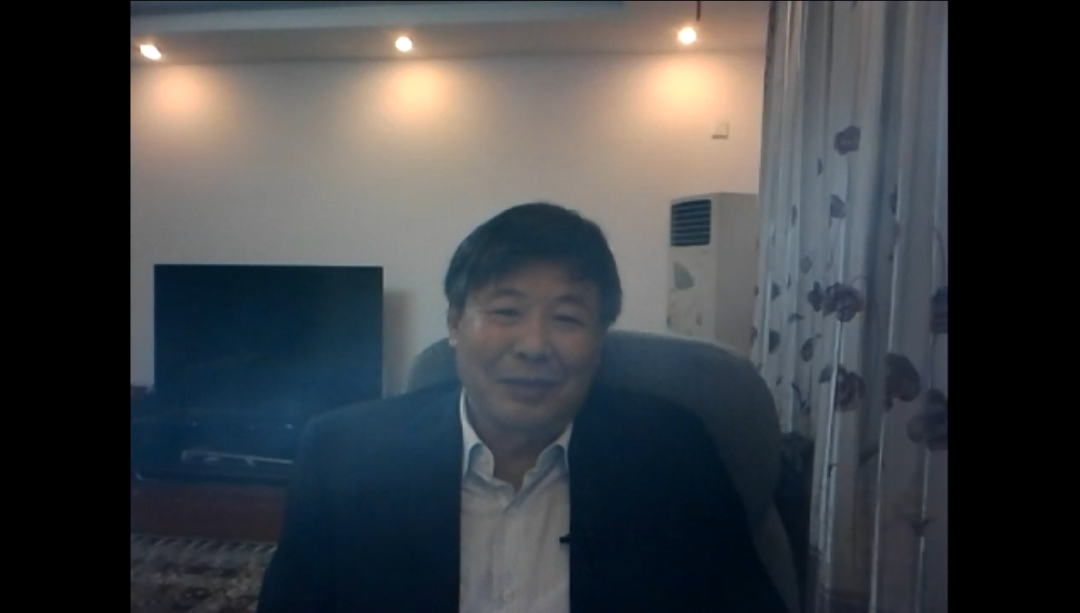
Zhu Guangyao: Thank you very much Huiyao. It’s my honor to join this distinguished panel, particularly after President Posen’s and Ambassador Roy’s speech. I’ll try my best to discuss and give some response to Adam’s and ambassador Roy’s points. Firstly, on the tracing of the origin of the virus – I remember in April last year, I had a phone call with Adam, regarding how China-US cooperation can move forward to deal with challenge of pandemic. At that time, Adam suggested the two great countries must cooperate and enhance the transparency and work together within the WHO system. Despite the US administration’s attitudes toward WHO, Adam firmly supported that the WHO plays a leading role and emphasized the importance of cooperation between China and the US to deal with challenge of the pandemic. And I remember clearly that he also suggested us to pay attention to the situation’s development. After China controlled the situation well, the global situation continue deteriorating and then he pointed out three ‘I’ titled countries, India, Iran, and Indonesia. He suggested us to think about the global situation that is continually deteriorating, particularly the three “I” countries. Unfortunately, what Adam said at that time has become reality. Until today, the world is still in the very difficult pandemic situation, which is not just a public health risk, but also has already become a systematic risk in the whole world economically and governance issues are also deeply impacted. And that’s why we really need the two important economies, China and the US, to cooperate together.

Recommended Articles
-
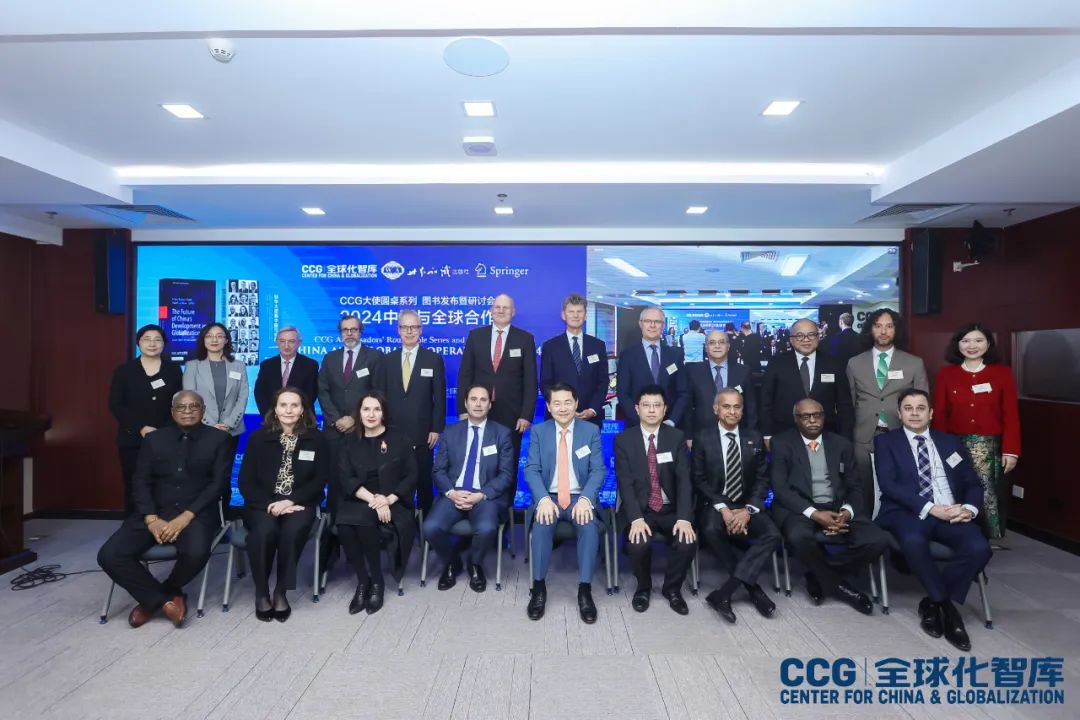
Views from Ambassadors to China — CCG New Book Launched
-
CCG holds a seminar on Chinese Returnees Studies and International People-to-People Exchanges
-
TEXT | Former WTO Director General Lamy Speaks at CCG and Dialogue with Wang Huiyao
-
CCG President Wang Huiyao in Dialogue with Arancha González
-
CCG Book Release | China Through European Eyes